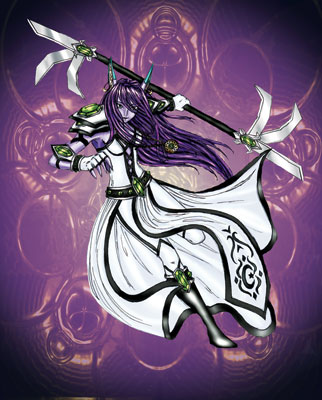All Nonfiction
- Bullying
- Books
- Academic
- Author Interviews
- Celebrity interviews
- College Articles
- College Essays
- Educator of the Year
- Heroes
- Interviews
- Memoir
- Personal Experience
- Sports
- Travel & Culture
All Opinions
- Bullying
- Current Events / Politics
- Discrimination
- Drugs / Alcohol / Smoking
- Entertainment / Celebrities
- Environment
- Love / Relationships
- Movies / Music / TV
- Pop Culture / Trends
- School / College
- Social Issues / Civics
- Spirituality / Religion
- Sports / Hobbies
All Hot Topics
- Bullying
- Community Service
- Environment
- Health
- Letters to the Editor
- Pride & Prejudice
- What Matters
- Back
Summer Guide
- Program Links
- Program Reviews
- Back
College Guide
- College Links
- College Reviews
- College Essays
- College Articles
- Back
Responsibility of Macbeth's Bloodshed
Macbeth, despite influences of the witches and Lady Macbeth, is responsible for his downfall. In Macbeth, Macbeth is a tragic hero who destroys himself by his own wicked and selfish ambitions. At the beginning of the play, Macbeth is portrayed as a courageous, noble hero of Scotland who has bravely won the war. As the story continues, Macbeth soon becomes a tyrant king who is willing to murder anyone who becomes a threat to his power.
As the play begins, Macbeth proves himself to be a hero as he demonstrates his bravery and courage. He is praised bravely by the captain who describes the bravery and brutality of Macbeth toward Scotland’s enemies: “he unseamed him from the nave to th’ chops.” His bravery is recognized by King Duncan who rewards him righteously, yet Macbeth's brutal and violent character leads him to murder the kin. Although Macbeth was influenced by Lady Macbeth and the witches in committing the murder, his deep desire and character motivates and fuels his ambition.
Macbeth is firstly influenced by the three witches who prophesy that he will be king. “All hail, Macbeth! Hail to thee, thane of Glamis! All hail, Macbeth! Hail to thee, Thane of Cawdor! All hail, Macbeth! That shalt be king hereafter.” Macbeth blindly believes the prophecy without any proof. He refuses to dismiss the words of the witch like Banquo, but instead he chose to believe in those misinterpreted predictions. Although the witches’ predictions are somewhat responsible for influencing Macbeth's thoughts, they did not suggest the murder of the king. The thought of murder and treachery must have crossed Macbeth's mind as his guilt is noticed by Banquo: “Good sir, why do you start, and seem to fear things that do sound so fair?”

Similar Articles
JOIN THE DISCUSSION
This article has 0 comments.